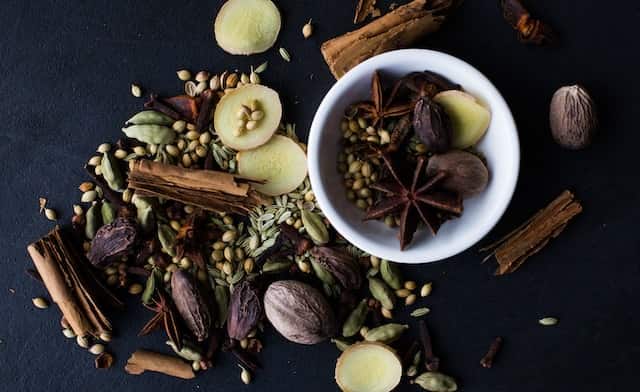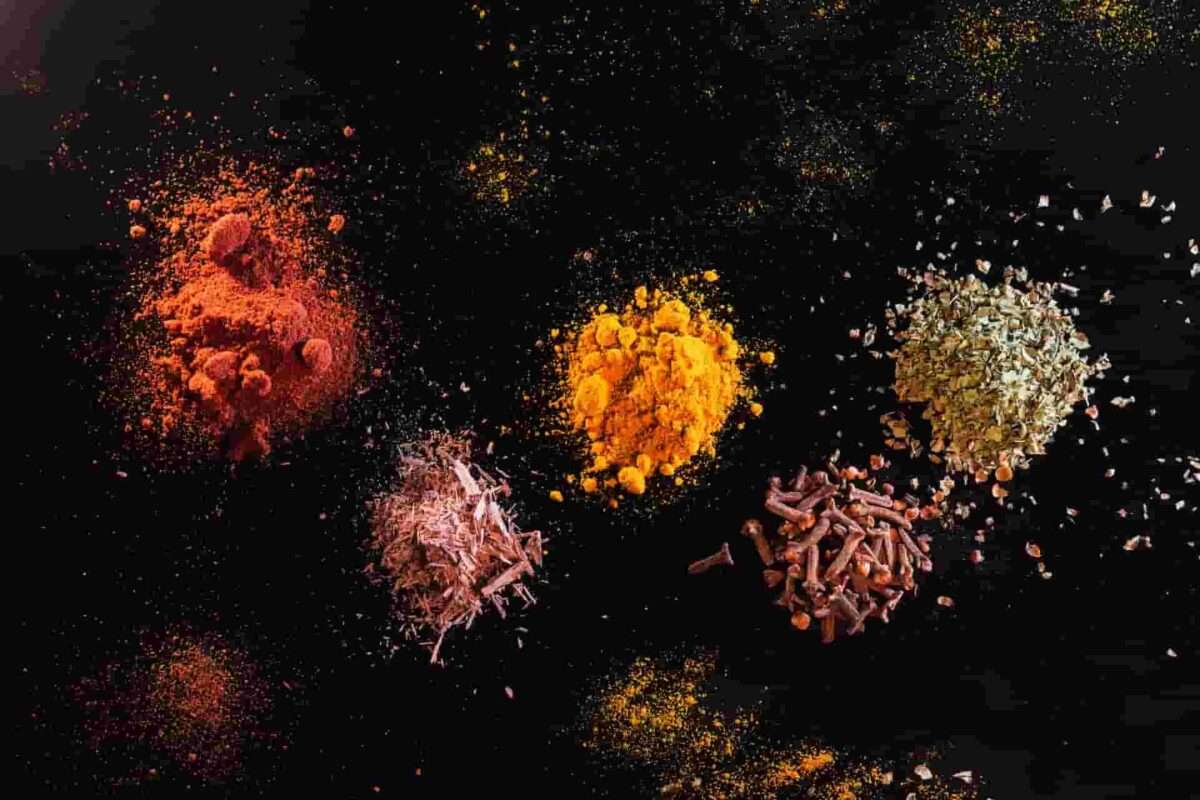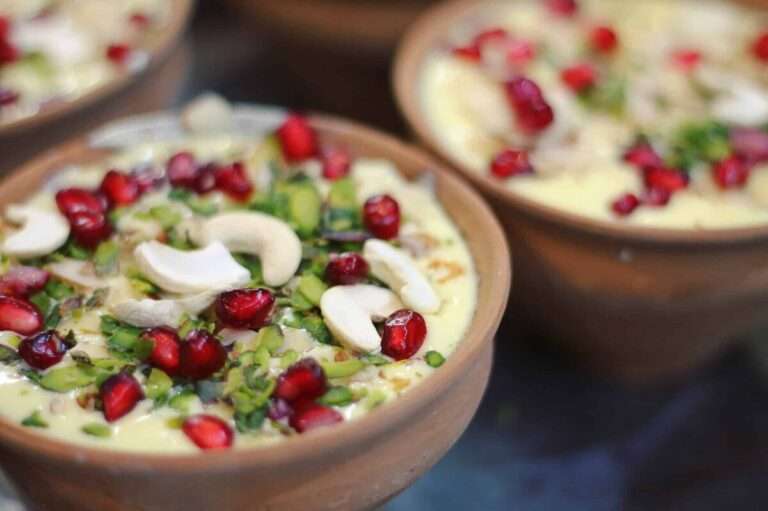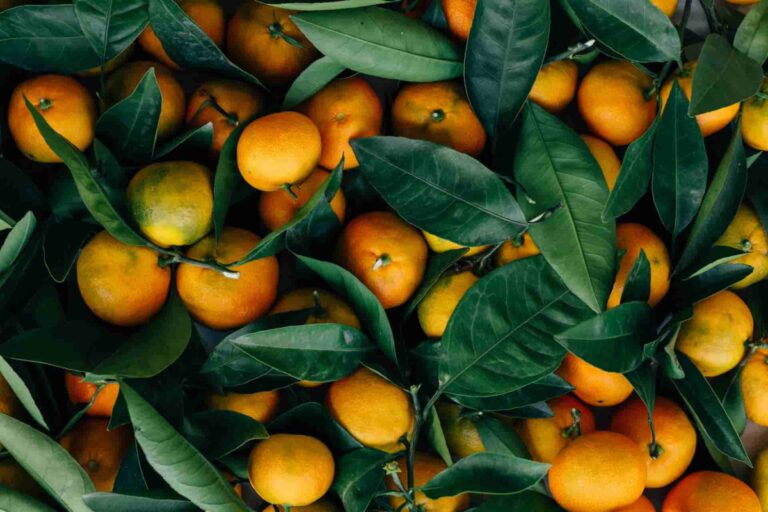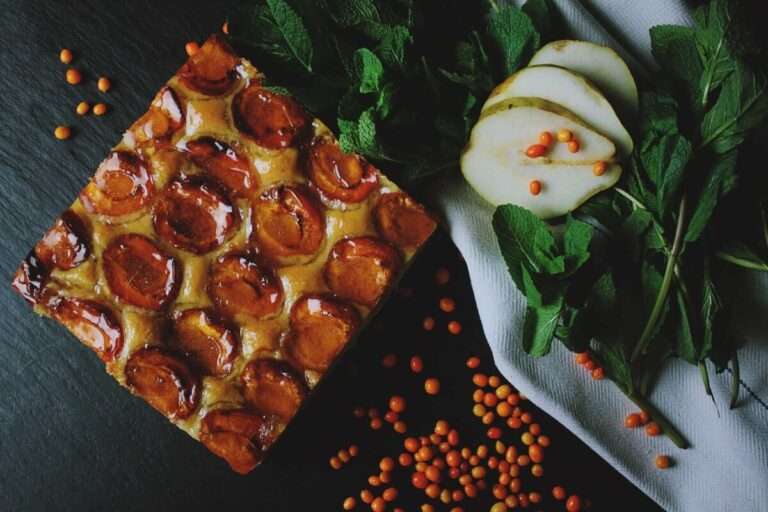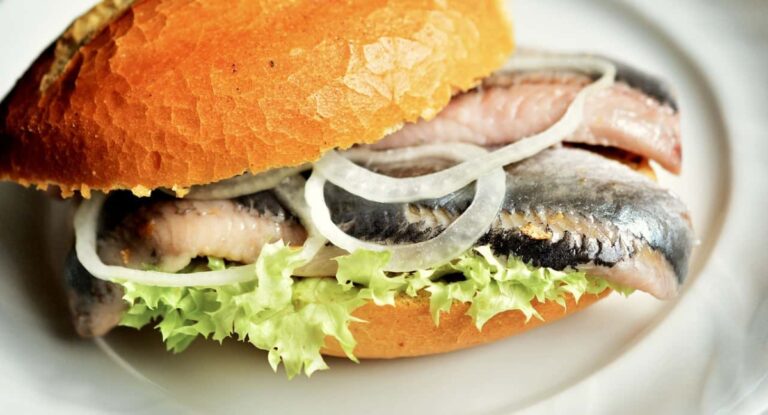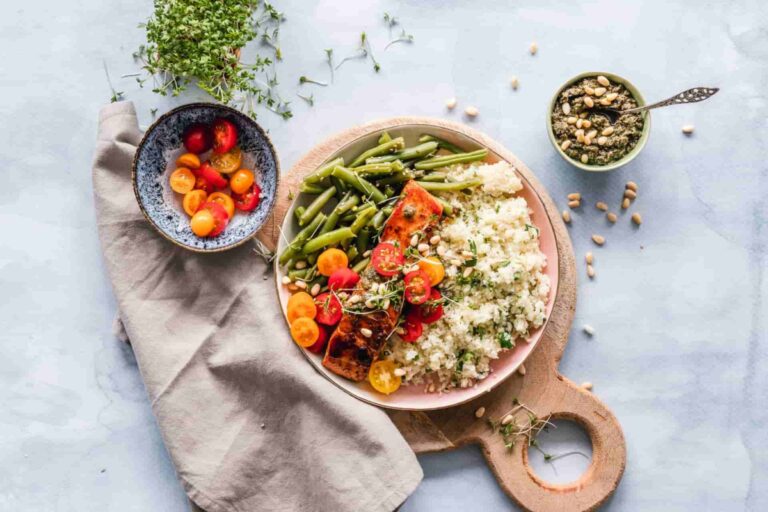Cloves 41 top tips and secrets
Did you know that there is evidence showing that cloves have been used approximately 4,000 years ago?
- Cloves were discovered by archaeologists in Syria inside a pottery vase, and the evidence suggests that the discovery occurred within a few years of the year 1721 BC.
- Cloves, along with nutmeg and pepper, were highly prized in Roman times. Pliny the Elder once made a famous complaint that, “there is no year in which India does not drain the Roman Empire of fifty million sesterces.” This was in reference to the amount of money that India took from the Roman Empire each year to pay for these spices.
- In the year 200 B.C., envoys from Java travelled to the court of the Han dynasty in China and carried cloves with them. Cloves were traditionally kept in the mouth during audiences with the emperor in order to scent the breath.
- Cloves are said to have originated in the Molucca Islands, often known as the Spice Islands, which are part of Indonesia. Cloves are principally cultivated for commercial purposes in the following countries at present: Indonesia, Madagascar, Tanzania (Zanzibar), Sri Lanka, the Comoros, and Kenya. According to the available data, Indonesia is responsible for producing the vast majority of the world’s cloves, accounting for around 75 percent of the global total.
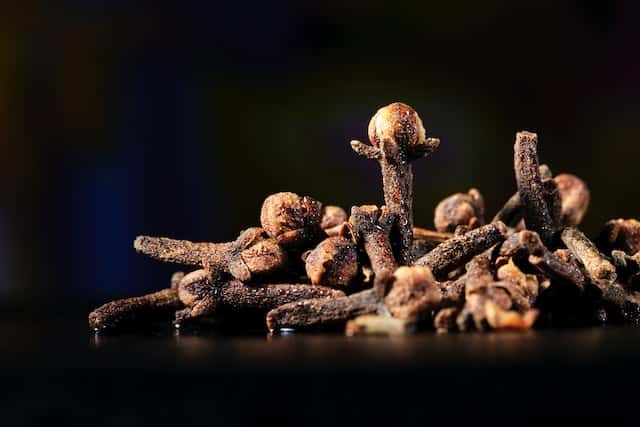
Cloves nutrition values and health benefits
- Because cloves have a high concentration of fibre, vitamins, and minerals, enhancing the flavour of your food by using whole or crushed cloves might result in a considerable increase in the absorption of these nutrients.
- In addition to its importance in the formation of healthy bones, manganese is a mineral that is vital to the maintenance of healthy brain function. Cloves are only used in very small amounts and do not have particularly high concentrations of any mineral, despite the fact that they are an excellent source of the element manganese.
- In addition to containing a variety of important vitamins, minerals, and other elements, cloves are also rich in antioxidants to a significant degree. Oxidative stress is one of the forms of stress that has been linked to an increased risk of developing chronic disease. Antioxidants are chemicals that assist in reducing the effects of this stress.
- Additionally, cloves contain a molecule known as eugenol, which, in its natural state, has been shown to possess antioxidant capabilities. These qualities have been proven. It is possible that including cloves in your diet, along with other foods that are high in antioxidants, may assist you in maintaining or improving your overall health and wellbeing.
- As shown by one study, cloves contain a number of compounds, one or more of which may be advantageous in the prevention of some malignancies, as shown by another. Eugenol, which is found in cloves, has been shown to have anticancer effects, which may be owing to the cloves’ flavour. Because eugenol may be toxic in high concentrations, an overdose of clove oil might potentially cause harm to the liver, especially in younger individuals. Additional research is necessary in order to determine how individuals may be affected by lower concentrations.
- There is evidence that cloves include antibacterial characteristics, which indicates that they may assist in the prevention of germs such as bacteria from multiplying. In other words, cloves may help stop the spread of bacteria.
- Also, research suggests that the antibacterial properties of cloves may even be advantageous to the prevention and treatment of tooth disease. If you wash your teeth regularly and practice good dental hygiene, the antibacterial qualities of cloves, when combined with these other dental hygiene practises, may be helpful to your oral health.
- According to the findings of certain studies, cloves and the compounds that can be found in them may help to reduce the effects of oxidative stress and prevent the liver from being damaged.
- Cloves include compounds that, according to a study, may help to keep blood sugar levels under control. Cloves may be found in many different cuisines. According to the findings of certain studies, the consumption of cloves and nigericin may facilitate an increase in the rate at which sugar is taken up by cells from the circulation, an increase in the amount of insulin that is secreted, and an improvement in the performance of insulin-producing cells.
- Insulin is a hormone that moves sugar from the circulation into the cells of your body. It does this by transporting the sugar. The pancreas is responsible for its production. It is very necessary for the body to have insulin that is able to do its job correctly in order to keep blood sugar levels consistent. Treatments, when used in conjunction with a diet that is rich in variety and rich in nutrients, may be able to assist you in maintaining a healthy blood sugar level.
- Consuming them as part of a well-balanced and nutrient-dense meal plan is optimal, as is the case with the majority of foods that are considered to be healthy. You may want to experiment with including some cloves in a couple of the meals you eat each week.
- Once ground, cloves are an ingredient that may easily be used in a large number of different cuisines. The sweets, curries, and chutneys that you make using these spices will all have their own distinctive flavour thanks to the flavours of these spices. To make a soothing cup of clove tea, just simmer whole cloves in water that is already boiling for five to ten minutes, then drain off the liquid.
100g of cloves has 274 calories(1146kj), 6g protein, 13g fat, and 66g carbs including 34g fibre.
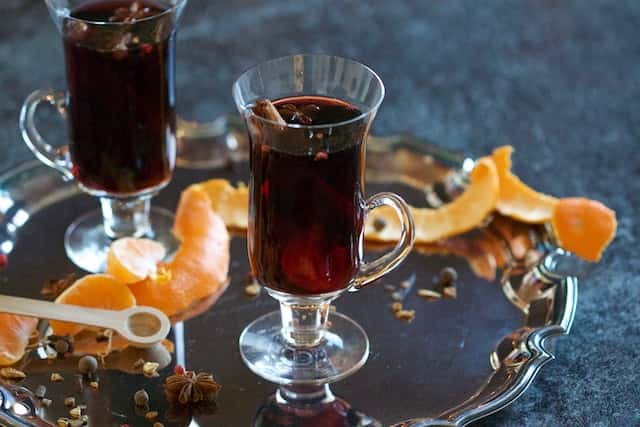
How to store cloves and how to buy them
- Cloves are often sold in small jars in the spice section of grocery stores and may also be purchased online. In this photo, you can see both whole cloves and crushed cloves. Cloves make up this spice. However, you may be able to get them at a more affordable price in the Asian food section of your local grocery store. Cloves may often be purchased at prices that are far cheaper than those that are offered in supermarkets when one purchases them at overseas food stores.
- When you buy cloves in their full form, you will have the ability to quickly and simply grind them into clove powder anytime you want it. This is beneficial due to the fact that ground cloves, just like any other ground spice, may quickly lose their potency and the depth of their flavour if they are not maintained correctly. For the purpose of grinding the ingredients together, you may use anything from a spice grinder to a mortar and pestle to a coffee grinder that has been well cleaned and set aside for this task. Because of this, you should be sure to give the grinder a thorough cleaning once you’re done using it before you use it with any other spices, since the flavour and scent of the cloves will remain in the grinder.
- There are a number of specialised outlets where one may purchase Penang cloves, which are a kind of gourmet clove that are meticulously chosen by hand to ensure that each one is of the highest quality and properly shaped. These are the biggest cloves, and since they are so huge, it is simple to disassemble them into their component parts (the head and the stems). They are cultivated in the Malaysian state of Penang.
- Always keep an eye out for the distinguishing colour that they have. They are in satisfactory condition when they have a colour that is somewhere between reddish brown and brown. Aside from that, you should be able to recognise the four possible petals of the bud, in addition to the stamen that is housed inside them and creates the nail-like head on top of the flower. It is not necessary to make a purchase of the cloves that seem like little bits of wood, since all they are are stems.
- Cloves that have been broken open may be stored for up to a year if they are placed in an airtight container, shielded from direct sunlight, and maintained at room temperature. As a consequence of this, the method in which they are kept is of critical significance.
- It is strongly recommended that you store the cloves in an area that is dark and out of direct sunlight. There is a correlation between the presence of harmful effects and the presence of humidity, air, or heat. They are able to decompose chemical molecules in their environment. Essential oils are collectively referred to as chemical substances. Once it has been lost, even if it has not gone bad, it will not provide flavour to foods since the essential oil is what gives it its distinctive taste. However, once it has been lost, it will not add flavour to dishes, even if it has gone bad.
- When it comes to storing the cloves, the airtight containers are an excellent choice to make use of. It would be preferable to use a container made of glass or plastic. You might use stainless steel jars, but due to the fact that stainless steel is a heat conductor, this option is not ideal. If something is placed in a container that does not allow air to enter through it, then it will remain fresh for much longer. In any other case, if it is allowed to be exposed to air, it will take in the moisture from the air and change colour. Keep a close watch on the container to look for the development of mould, and if you find any, throw away the cloves.
- However, there is no use in consuming cloves that have lost a significant amount of their flavour, scent, or nutritional value. The following is a list of the signs that need your close attention.
- The clove will quickly begin to lose its colour. It is unequivocally evidence that the cloves have gone bad. It is strongly recommended that you get rid of them as soon as possible.
- If you want to determine whether or not the cloves have gone bad, look for the development of mould within the jar. This is the second item to take note of. The mould that is growing within the jar will also destroy the cloves.
- You are able to determine whether there has been any physical harm. You have to give the clove a taste test since you have some reservations about whether or not it has gone bad.

Cooking techniques, secrets, and tips from the kitchen
- Cloves have a distinctive flavour profile that is similar to that of camphor, with a somewhat bitter undertone, and a very aromatic quality. In terms of flavour, it has characteristics that are similar to those of allspice, but its intensity is far higher. When you are cooking with the spice, you will need to exercise caution about the amount that you use since it is well-known for the power it has.
- Even though it is only used in small amounts, it has the tendency to easily overpower the flavour of the other components of a dish. Food may be imparted with bitterness by using it, as well as the capacity to completely mask the flavour of other spicier spices. It is possible to use a very small amount of this spice as a wonderful complement to other spices, and it is also possible to use this spice to excellent effect in cooking with both sweet and savoury flavours.
- Because of their shape, cloves make a highly beautiful and effective garnish for hams, which is why they are often utilised in this fashion. This is also the most common way that cloves are used. Inserting them into the cavity of a ham is all that’s required to enhance both its flavour and its appearance. You can also use apples and oranges to fill them, but you could also use cloves. Not only will they have a beautiful appearance, but the flavour will also penetrate the fruit and ham, making both of these components taste much better.
- For a few different reasons, after the food has been cooked, it is not a good idea to keep cloves in their full form in the dish. The pungent flavour of cloves is the first of these qualities to be discussed. When used in moderation, cloves may be a lovely addition to a meal. Nevertheless, cloves on their own have a flavour that is quite harsh and astringent, and you should try to avoid using them. When you take a bite out of one, the flavour could be so potent that it leaves your palate and tongue feeling numb as a consequence.
- In order to prepare an onion, pin it with whole cloves and then use it in a dish that is braised or made with broth. This removes the need to crush the cloves and avoids the bother of extracting individual cloves one at a time, which enables you to enjoy the flavour of cloves without the inconvenience of having to extract them individually.
- It is not advisable to cook cloves for an extended period of time as this can diminish their flavour. Throughout the duration of the heating procedure, cloves will continue to release volatile oils into the surrounding air. It’s possible that if you cook them for an inordinate period of time, you’ll get the same result as if you added an excessive quantity of cloves to your dish. In other words, the food will be quite bitter, and the flavour of cloves will be very muted if they ever appear at all.
- Allspice may be substituted for the ground cloves called for in the recipe if you don’t have any whole cloves on hand. Even though there is none of the allspice left, this is not a major problem. Instead, you may use nutmeg or cinnamon (or do a 50/50 blend of the two, if you have both).
- As was said before, cloves are a robust spice that needs to be used with caution and restraint due to its potency. The most delicious combinations of foods include rice, beans, lentils, onions, and red meat, as well as soups, stews, and curries. Nutmeg, cinnamon, cloves, cardamom, and nutmeg are some of the spices that go well together to make the greatest spice combinations.
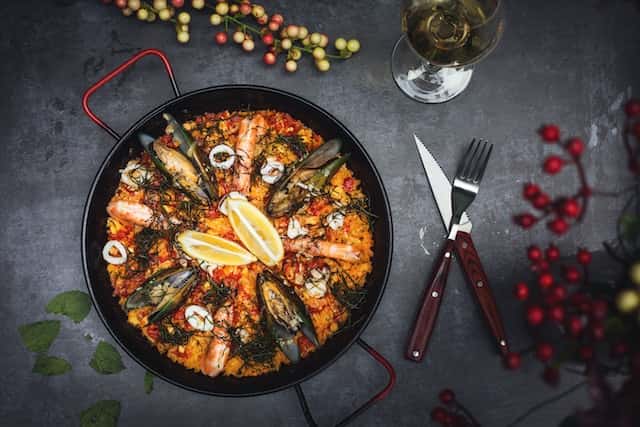
History of cloves from the beginning until today
- Cloves dating back to 1720 BCE have been found in Terqa, Syria, although the majority of them have been discarded as misidentifications owing to a lack of supporting evidence.
- Around the third century BCE, Chinese emperors of the Han Dynasty required that anybody addressing them chew cloves to freshen their breath.
- Pliny the Elder, a Roman historian, documented the introduction of cloves to the Roman Empire in the first century AD. By the year 176 AD, cloves had arrived in Egypt.
- Both samples were unearthed at a Sri Lankan trade port and dated to between 900 and 1100 A.D., long after the first written evidence of cloves had been established.
- Throughout the Middle Ages, Omani traders and sailors carried out the profitable Indian Ocean trade, transporting goods from India to the European continent and Africa. Cloves were one of the many goods they transported.
- They say that in 1770, a Frenchman named Pierre Poivre carried seedlings from this tree to the Isle of France (Mauritius), and from there they were sent to Zanzibar, which at one time was the world’s top clove-producing nation.
- Prior to the cultivation of cloves outside of the Maluku Islands, sales were regulated in the same manner that oil exports were. Throughout the 17th century, the Dutch East India Company worked to secure a monopoly on cloves, following in the footsteps of its success with nutmeg.
- Cloves were worth more than their weight in gold in the 17th and 18th centuries because of how expensive it was to get them to Britain.
- Most modern commercial clove farms may be found in Indonesia, Madagascar, Tanzania (Zanzibar), Sri Lanka, the Comoros, and Kenya. About 75% of the world’s cloves come from Indonesia, making it the country’s top agricultural export.
